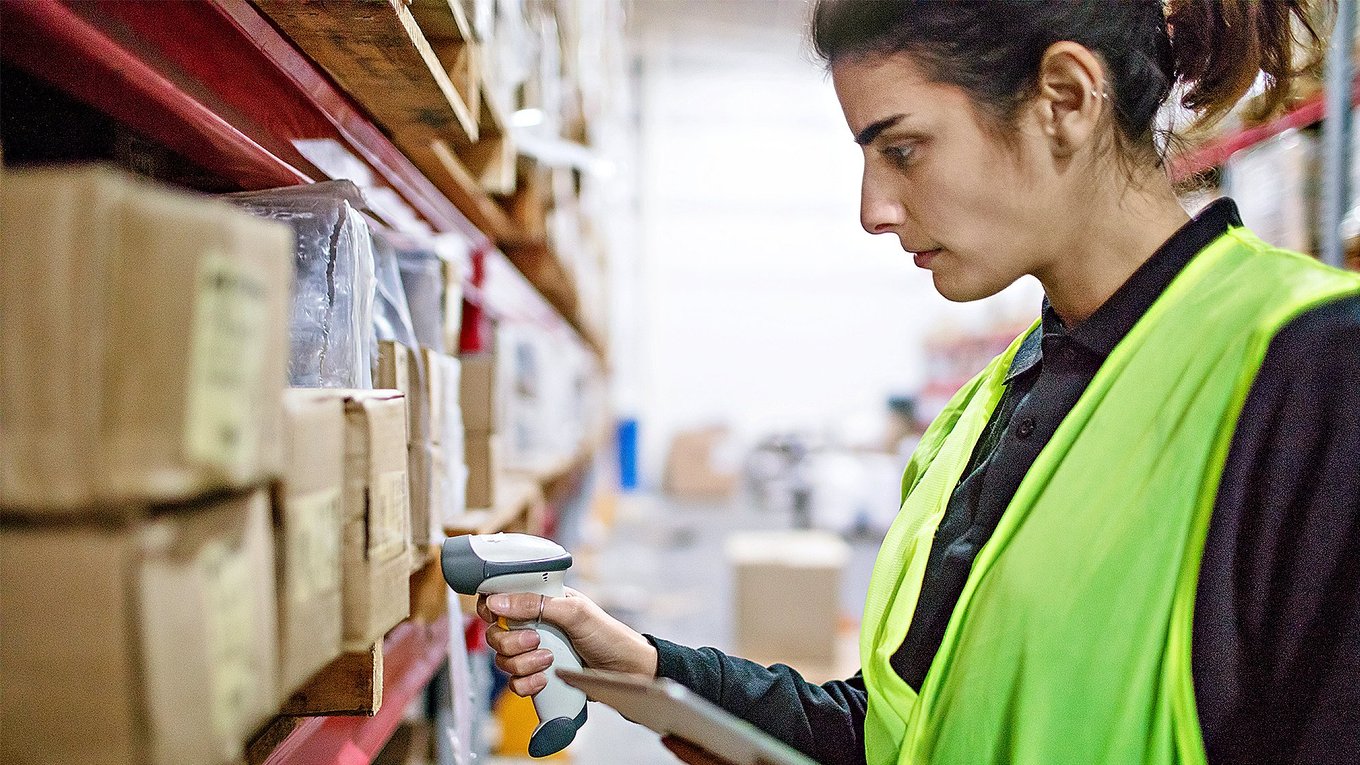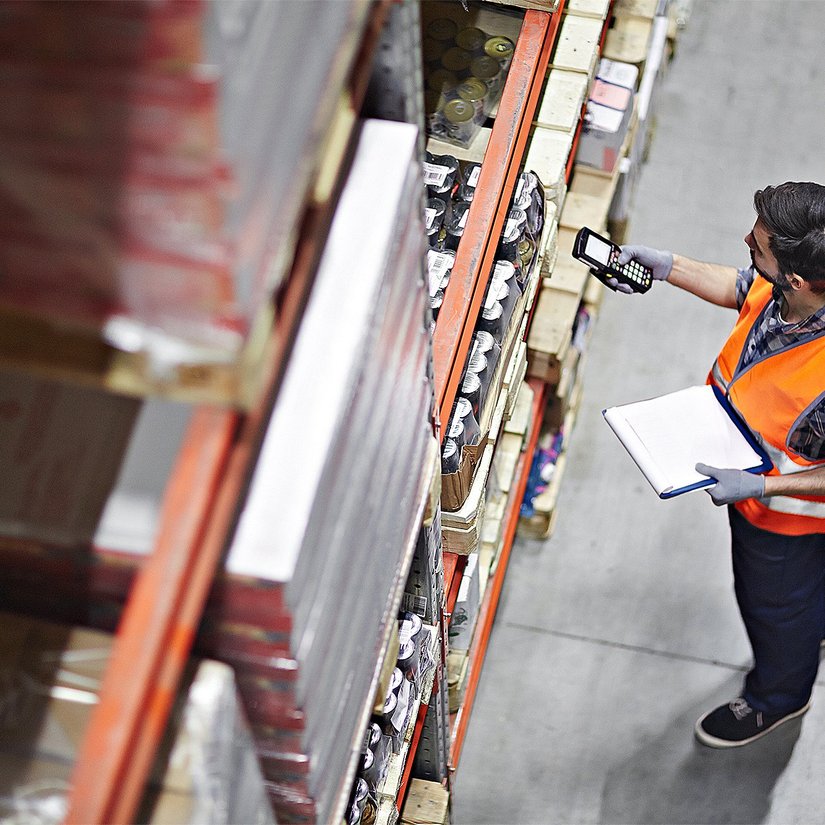Even though we still have a long way to go to reach the true world of smart logistics, the logistics industry is smarter than you might think at first glance. Currently, developments in smart logistics are being analyzed, tested and integrated into supply chains. It's never too late to get started, but perhaps you should take small steps at first. Co-creation is a good way to minimize risks and learn from the experiences of others.
Körber Supply Chain has been active in the areas of digitization and artificial intelligence for several years. Our customers benefit from our use cases for artificial intelligence in logistics. Do you want your warehouse to become smarter, too? If you do, contact us!


